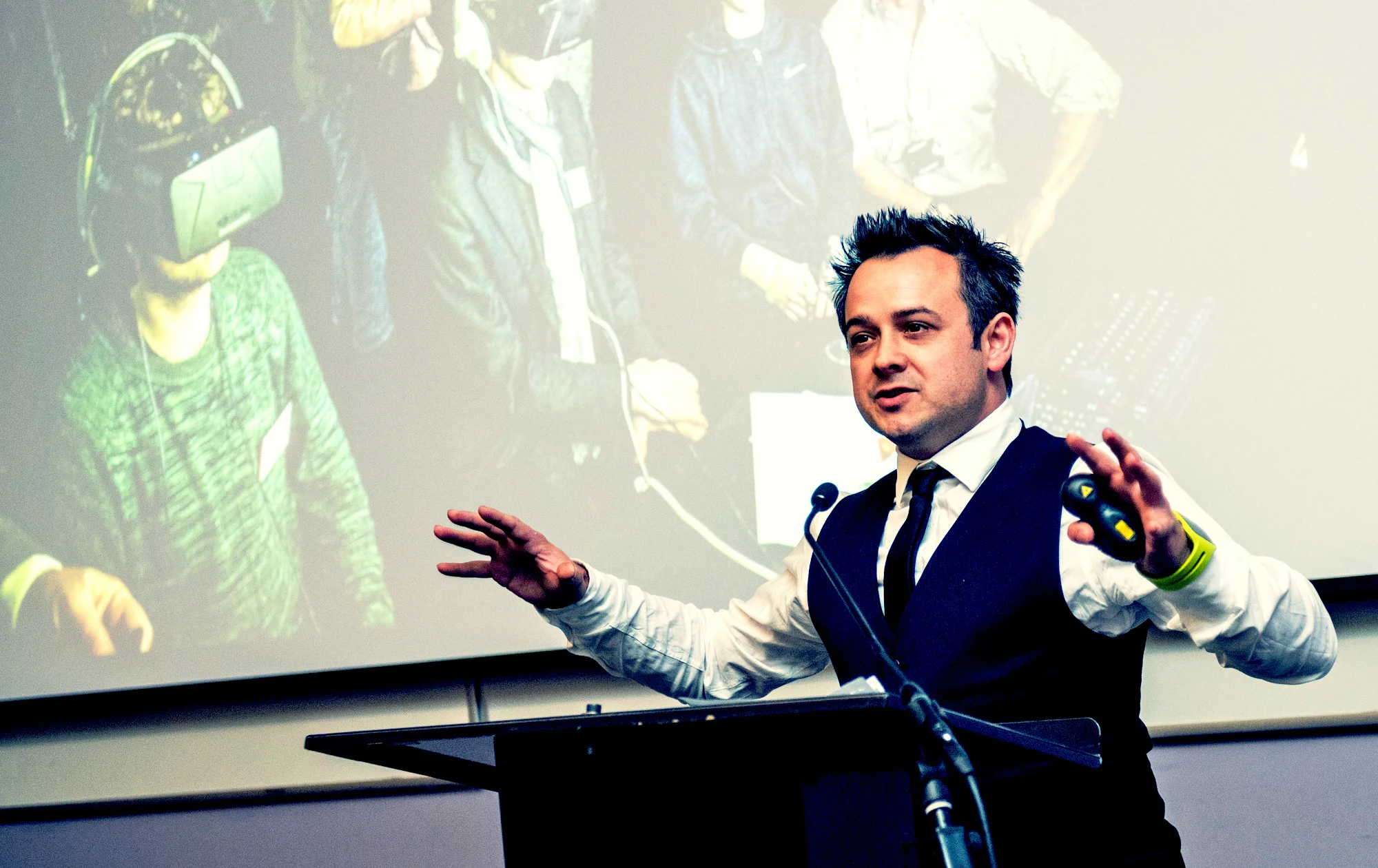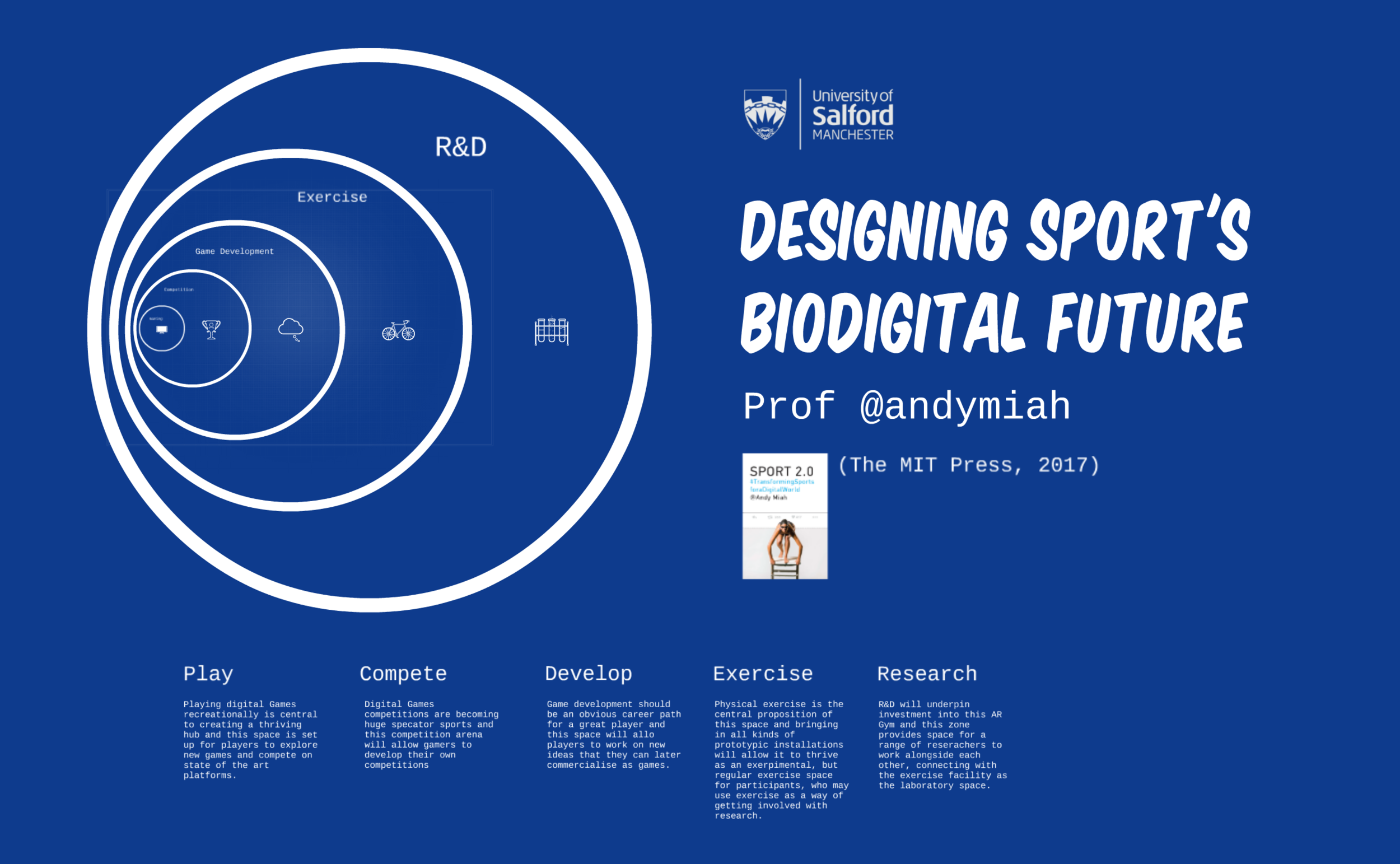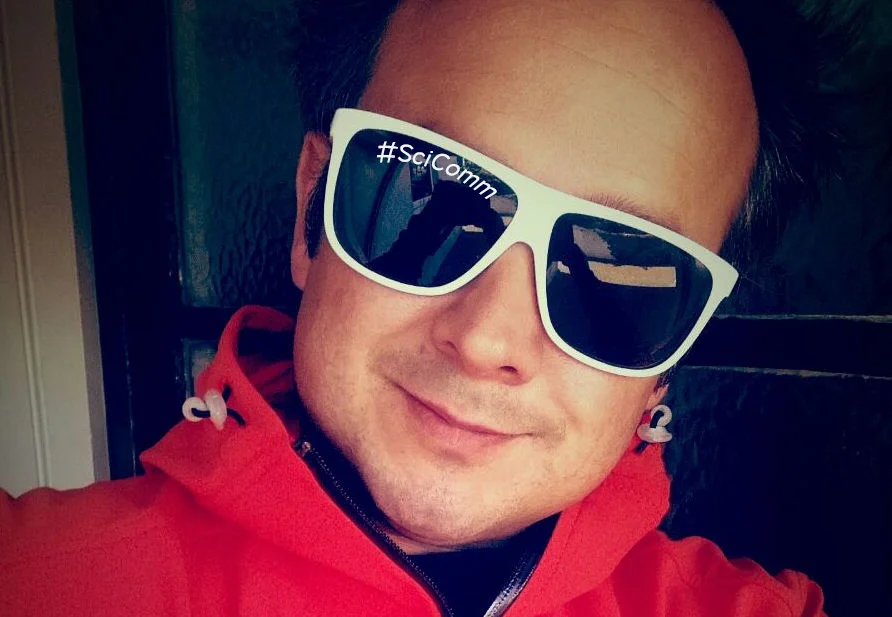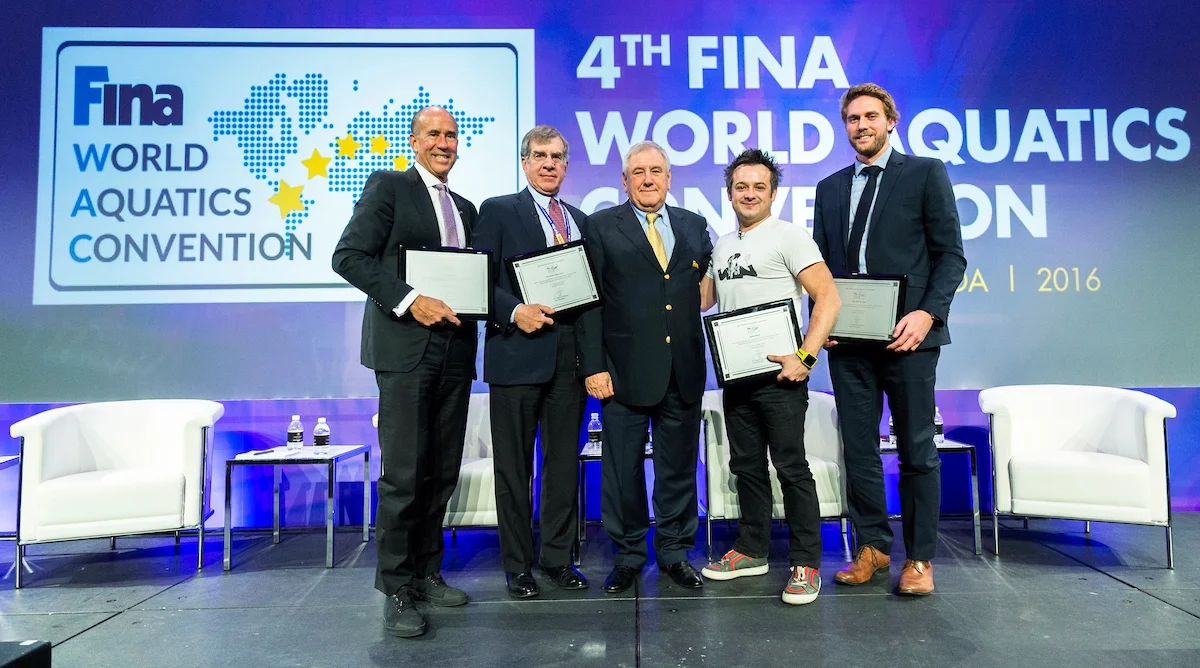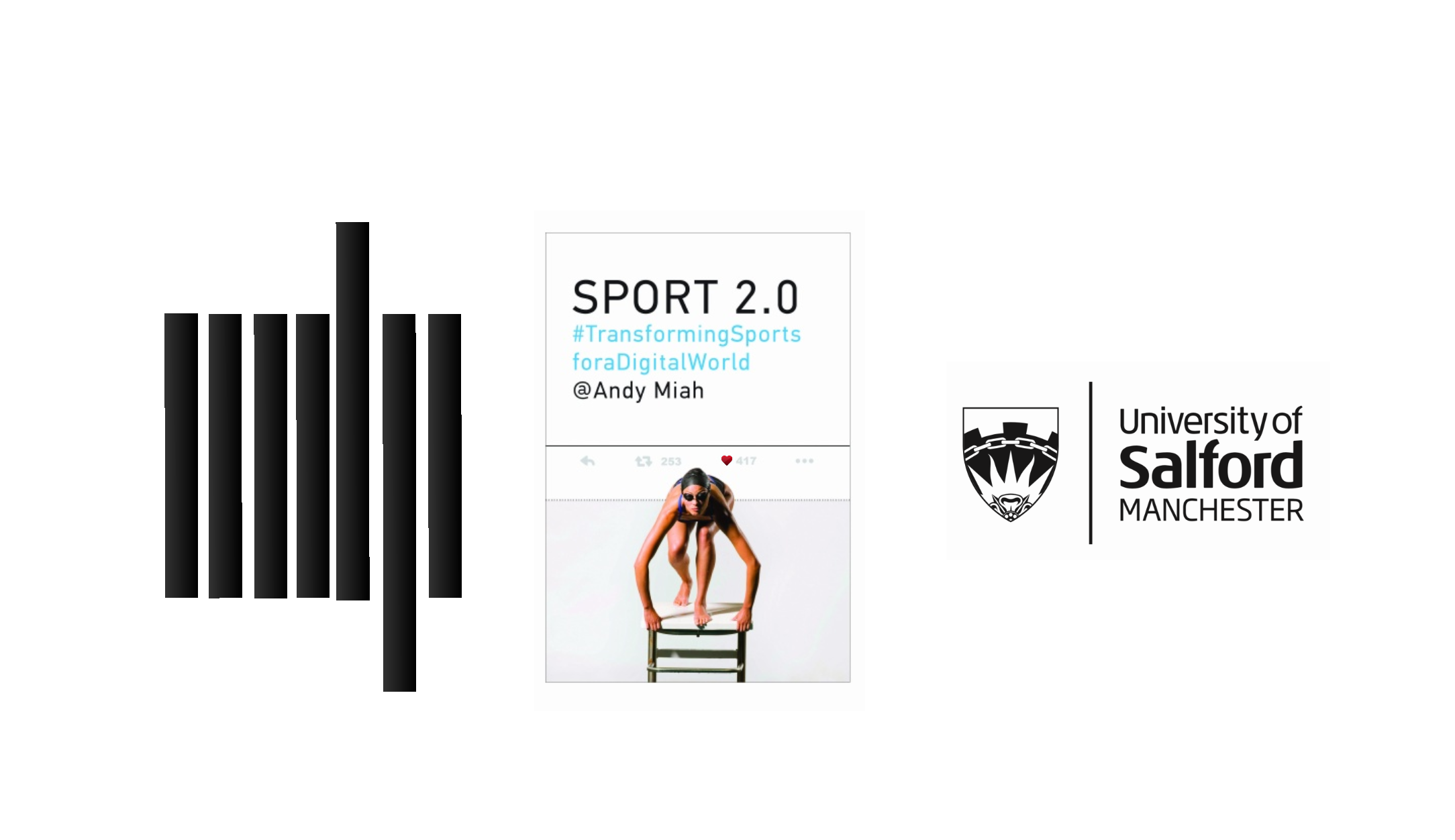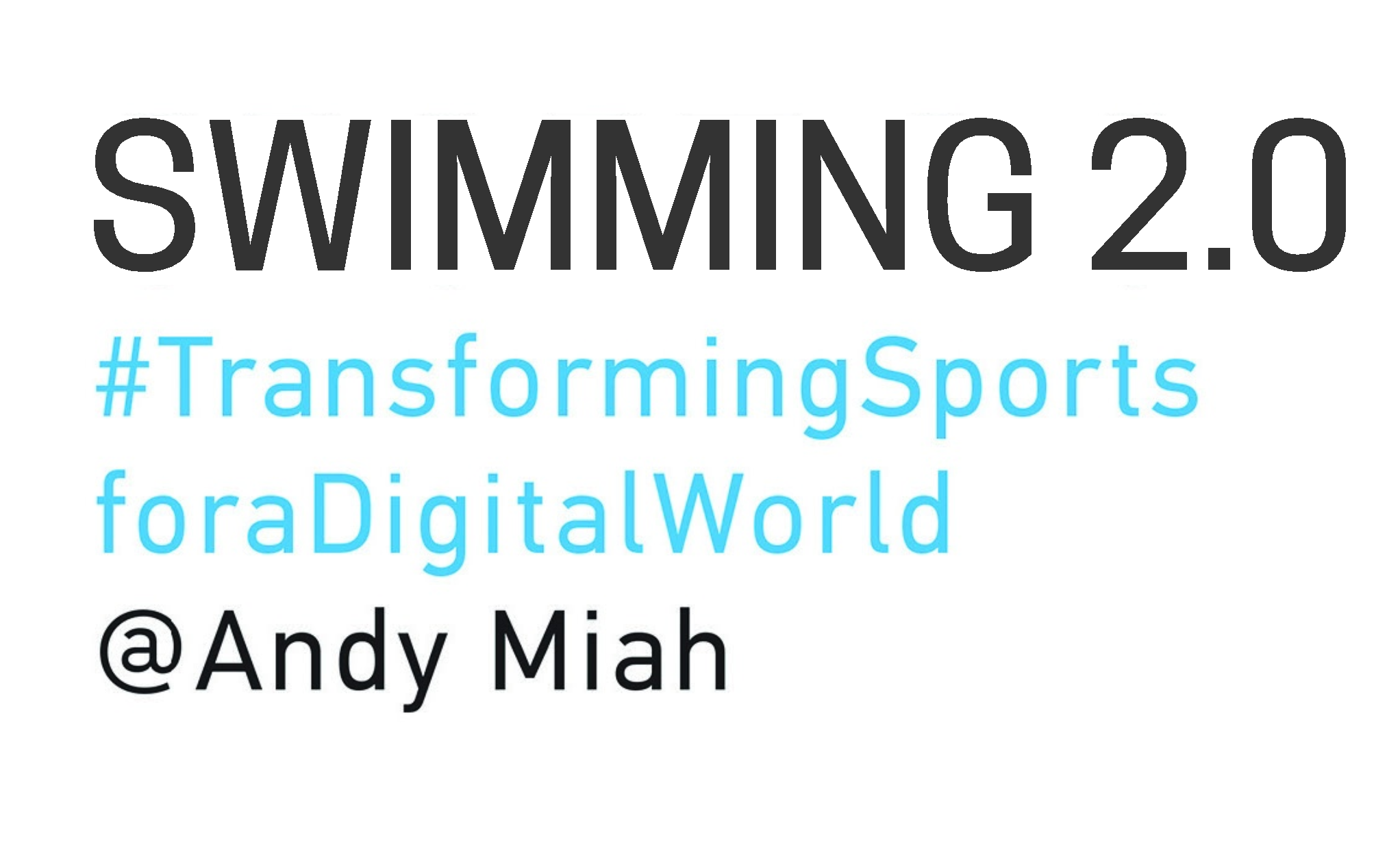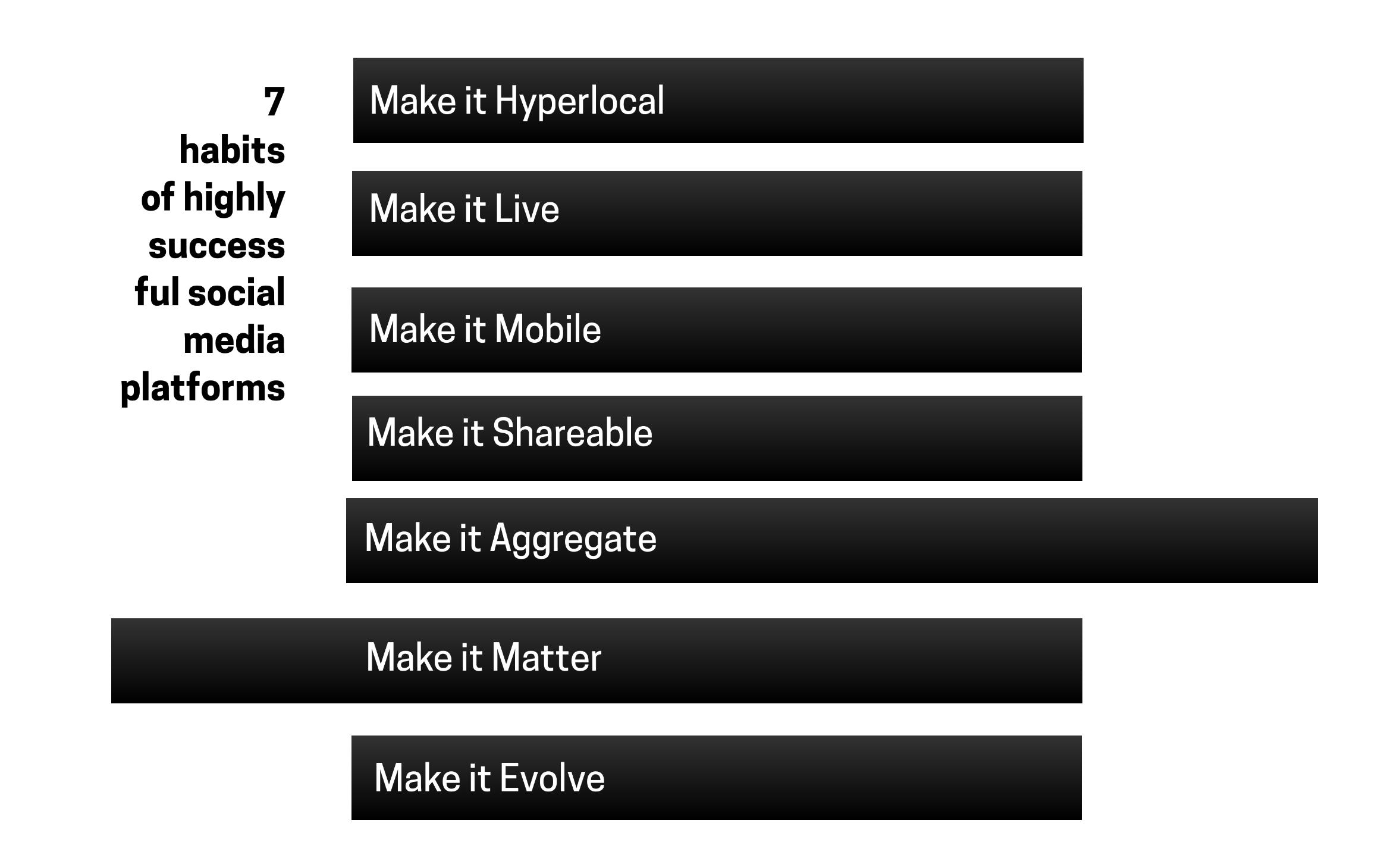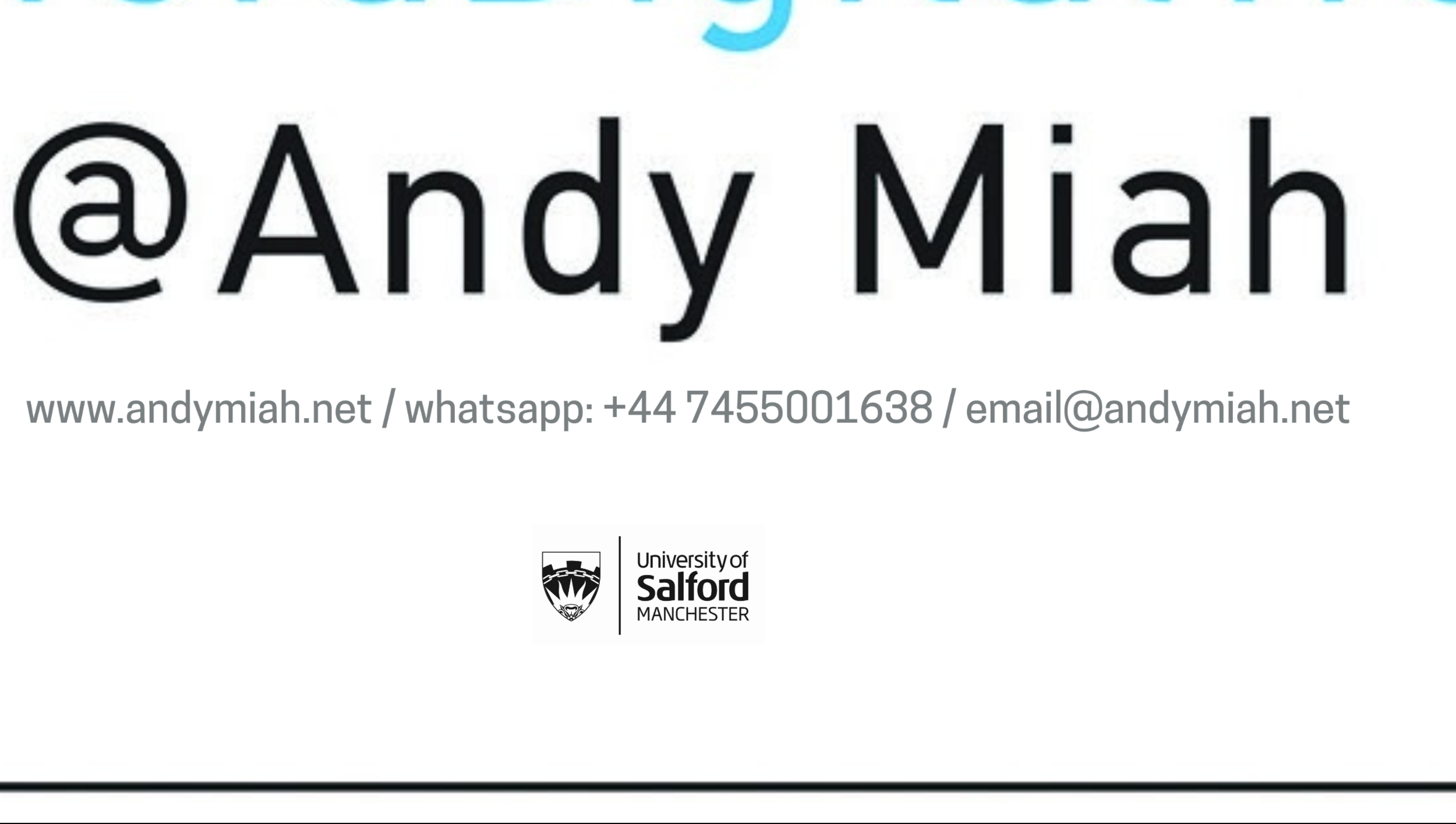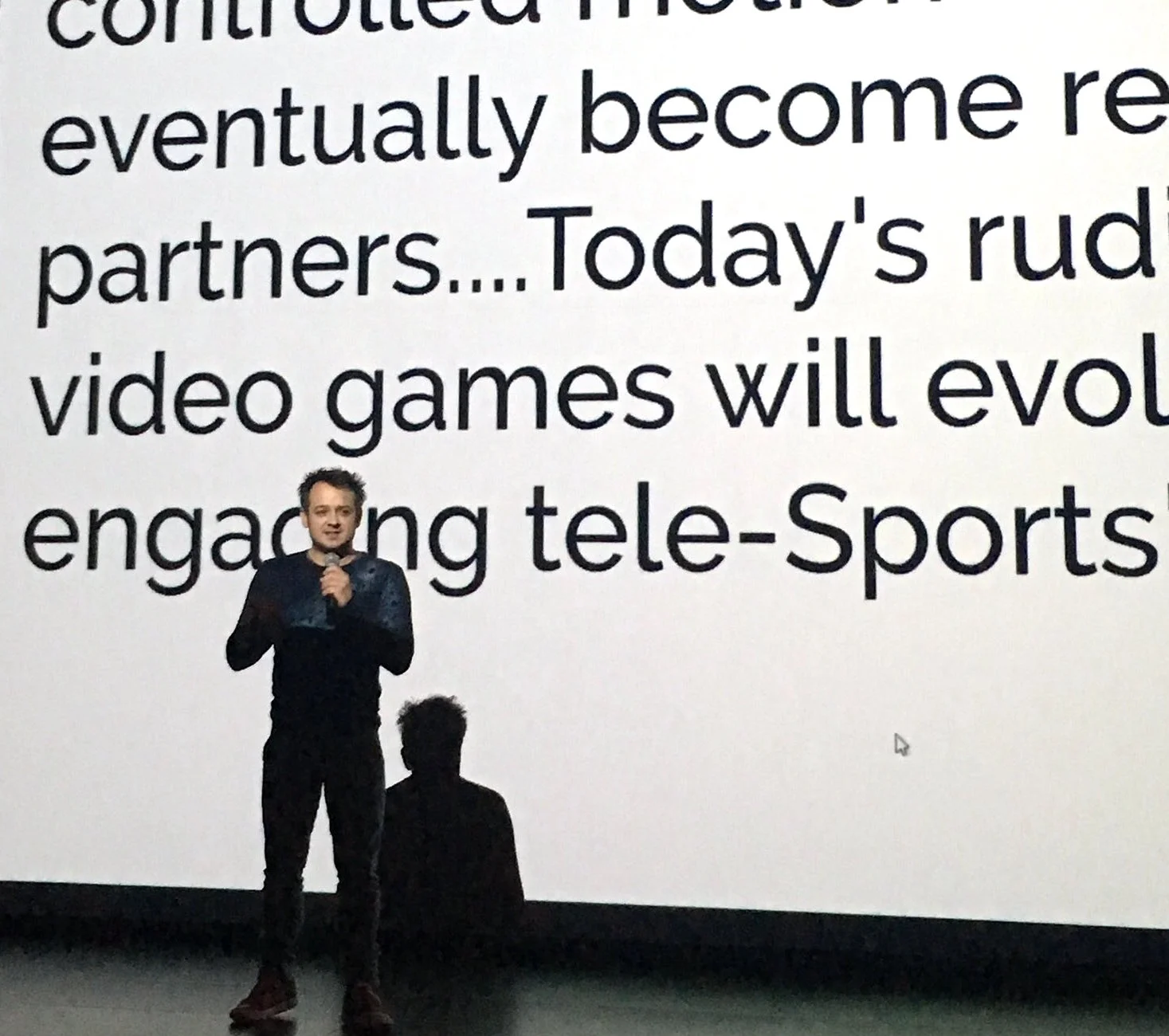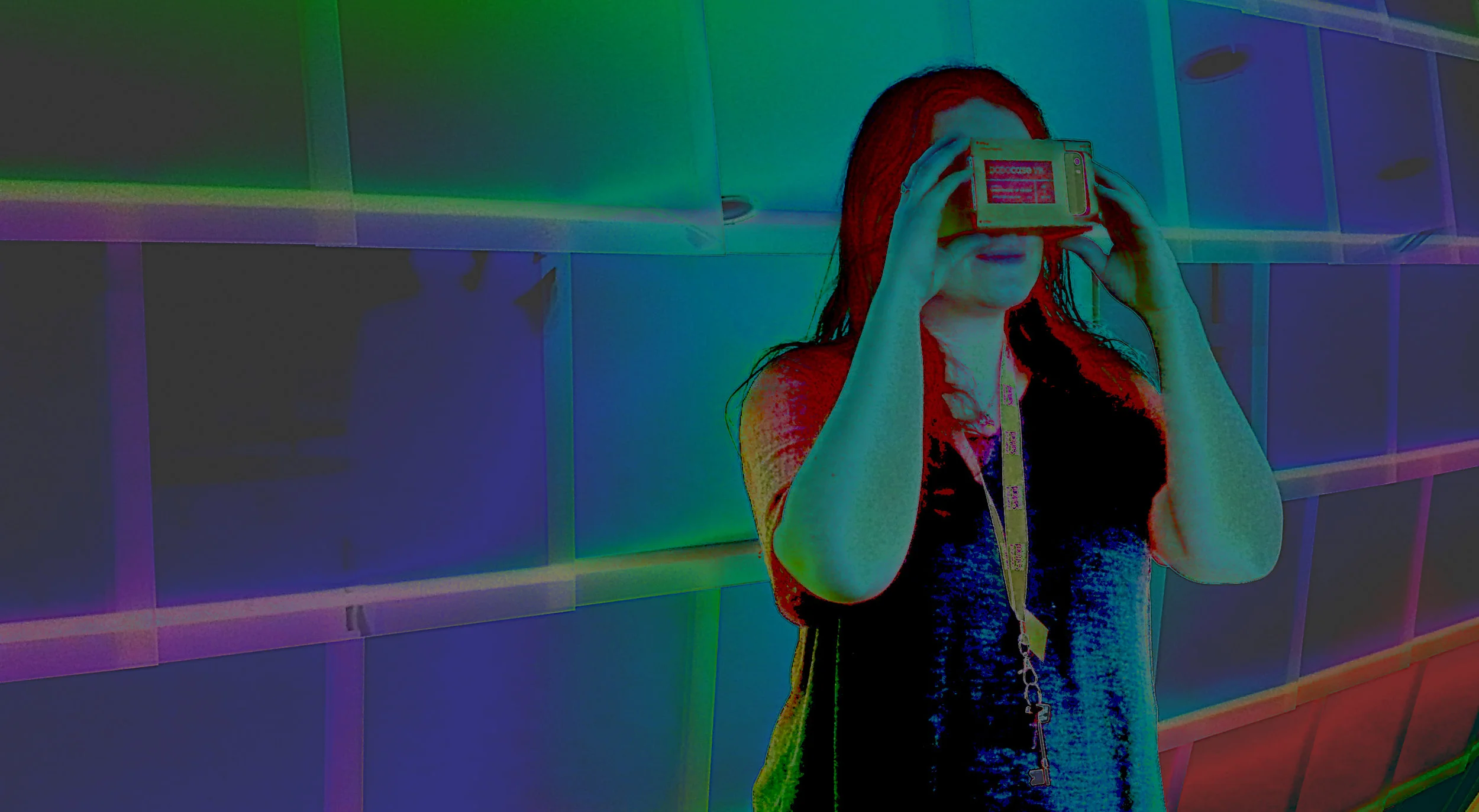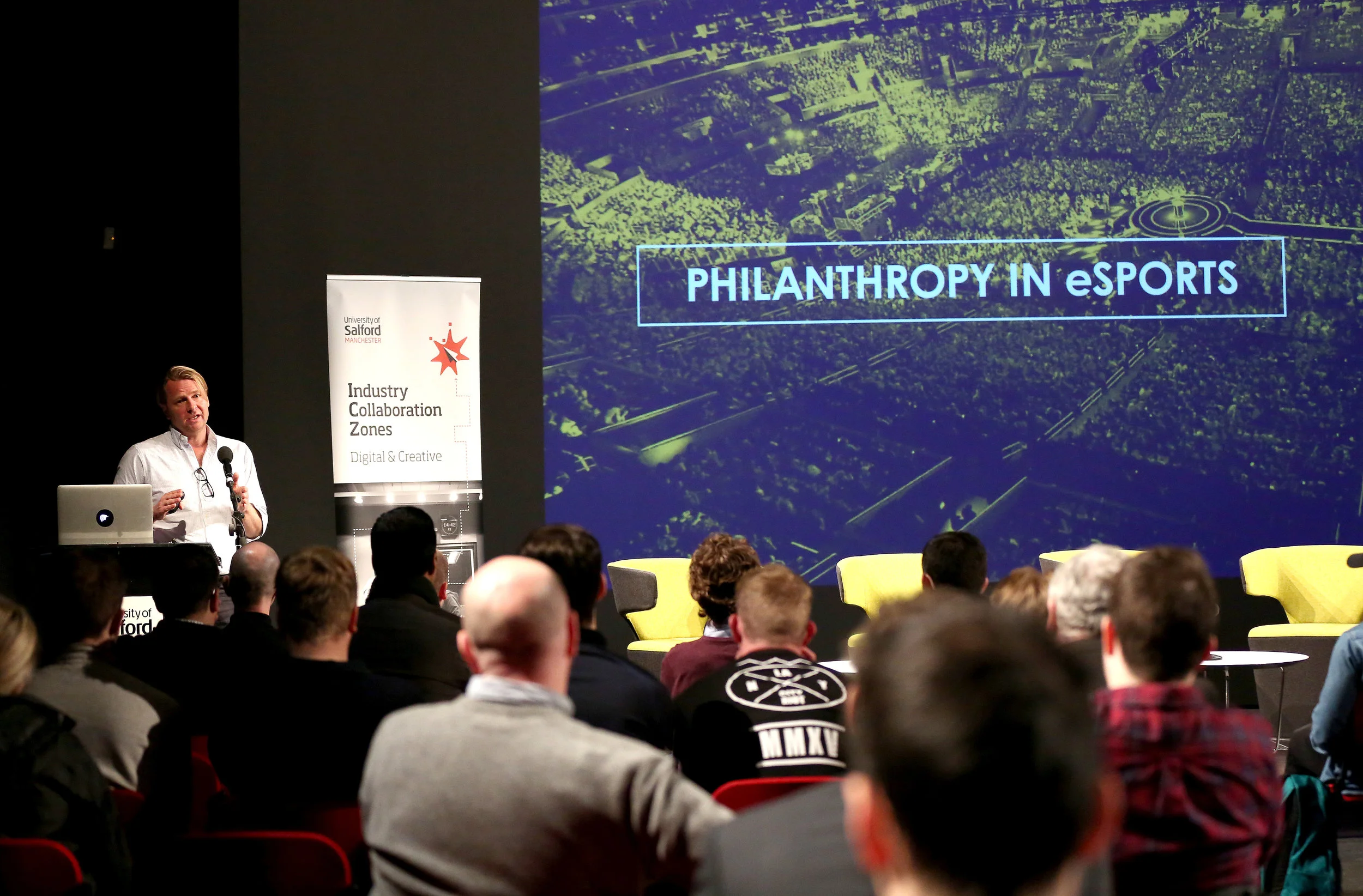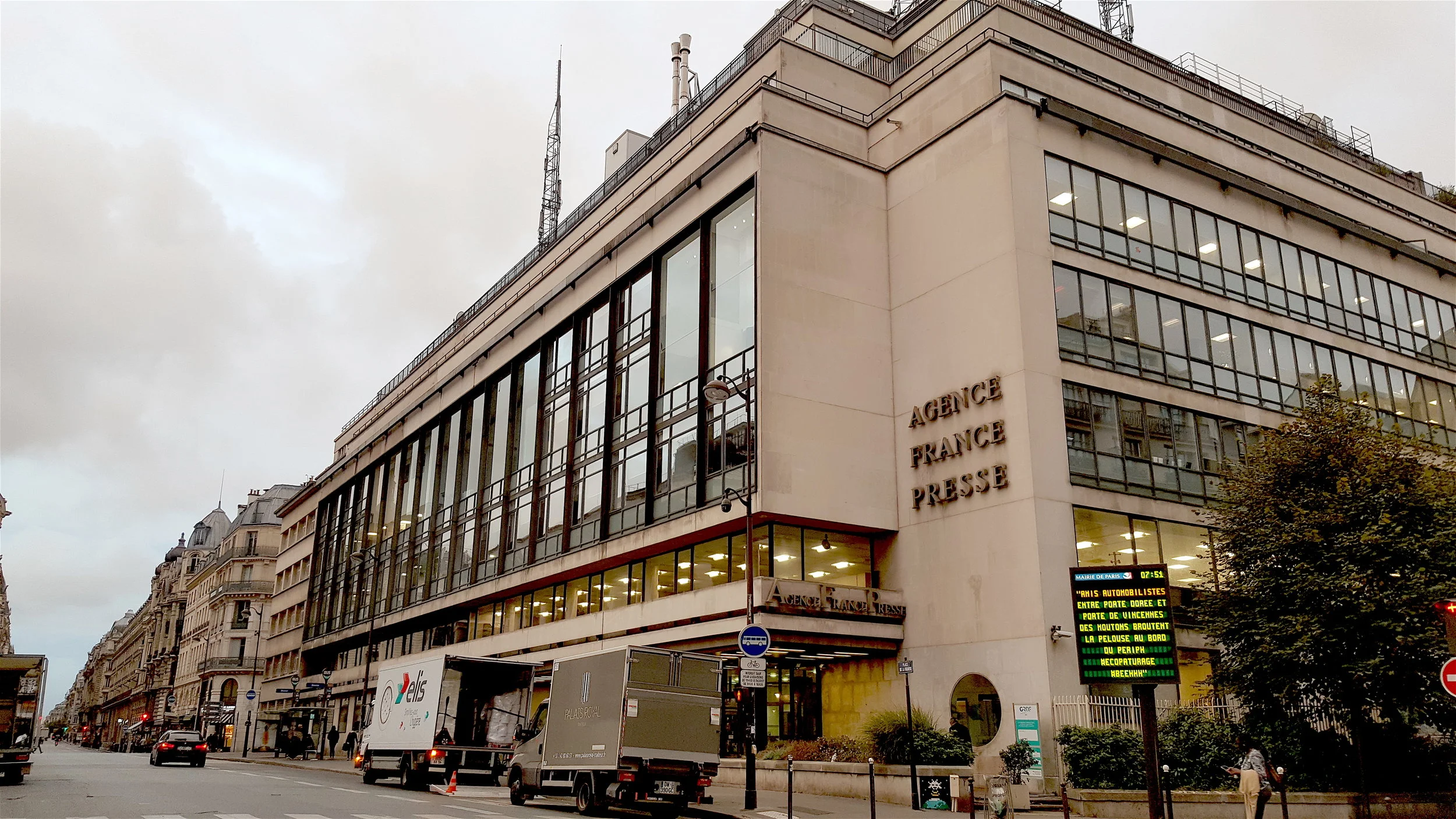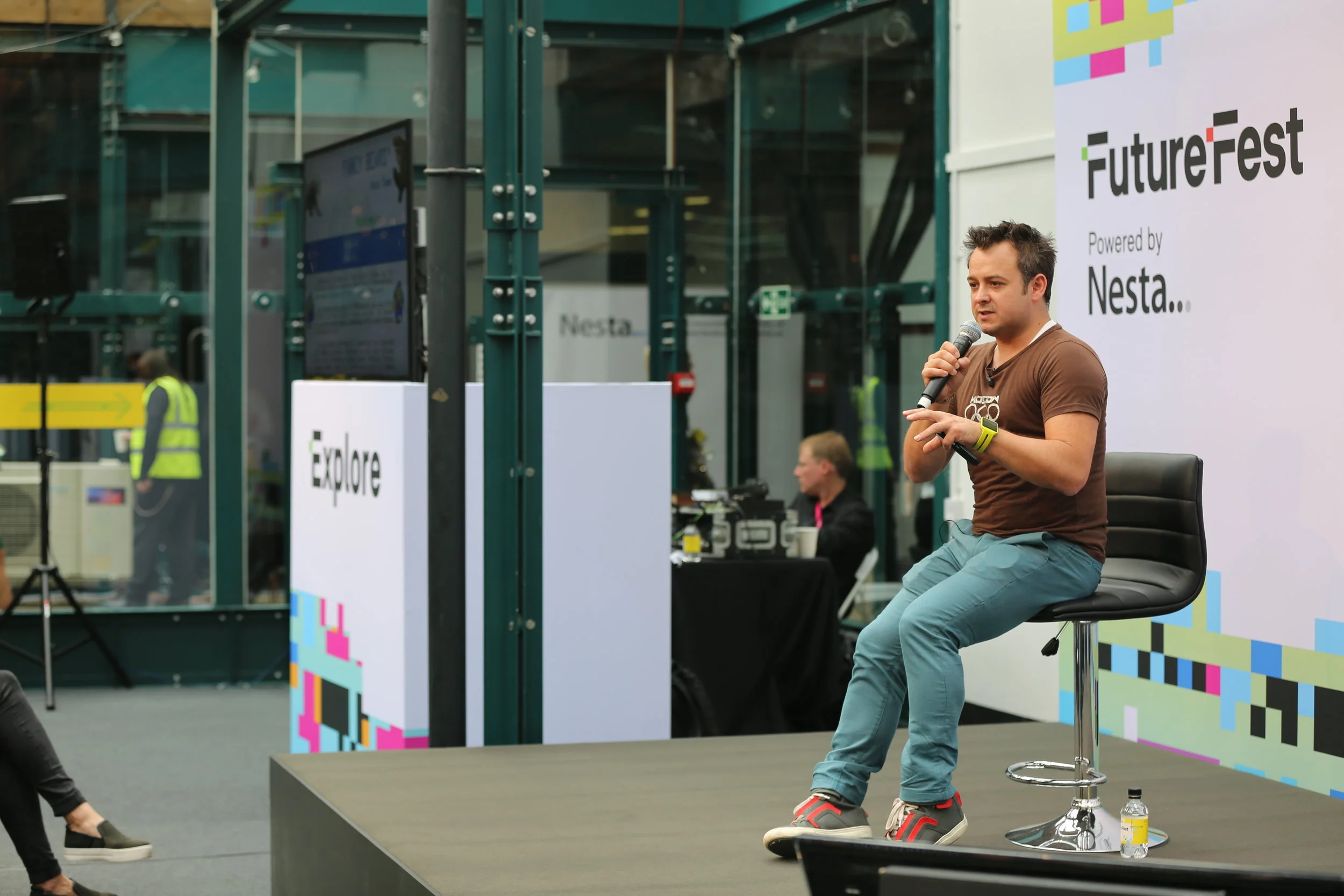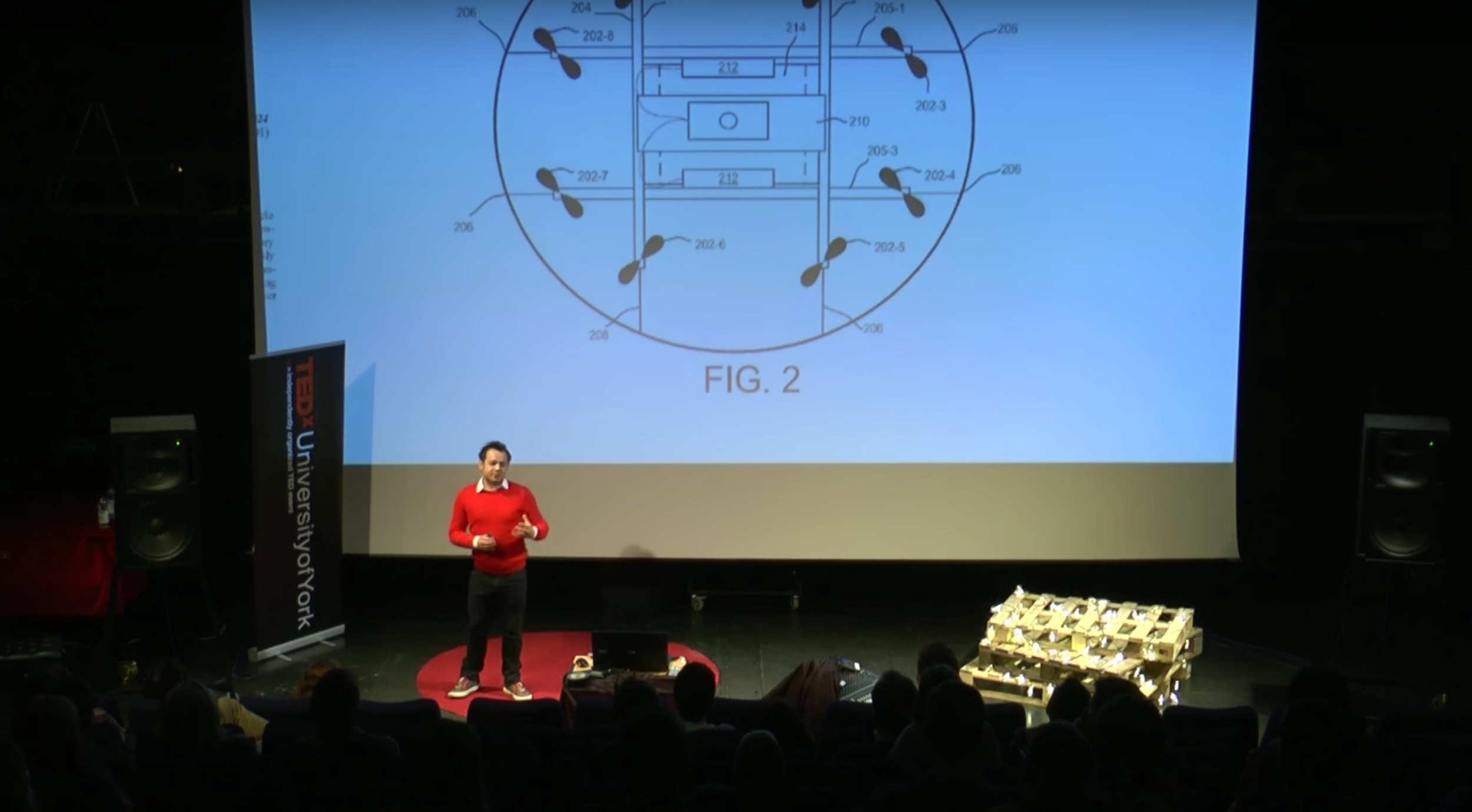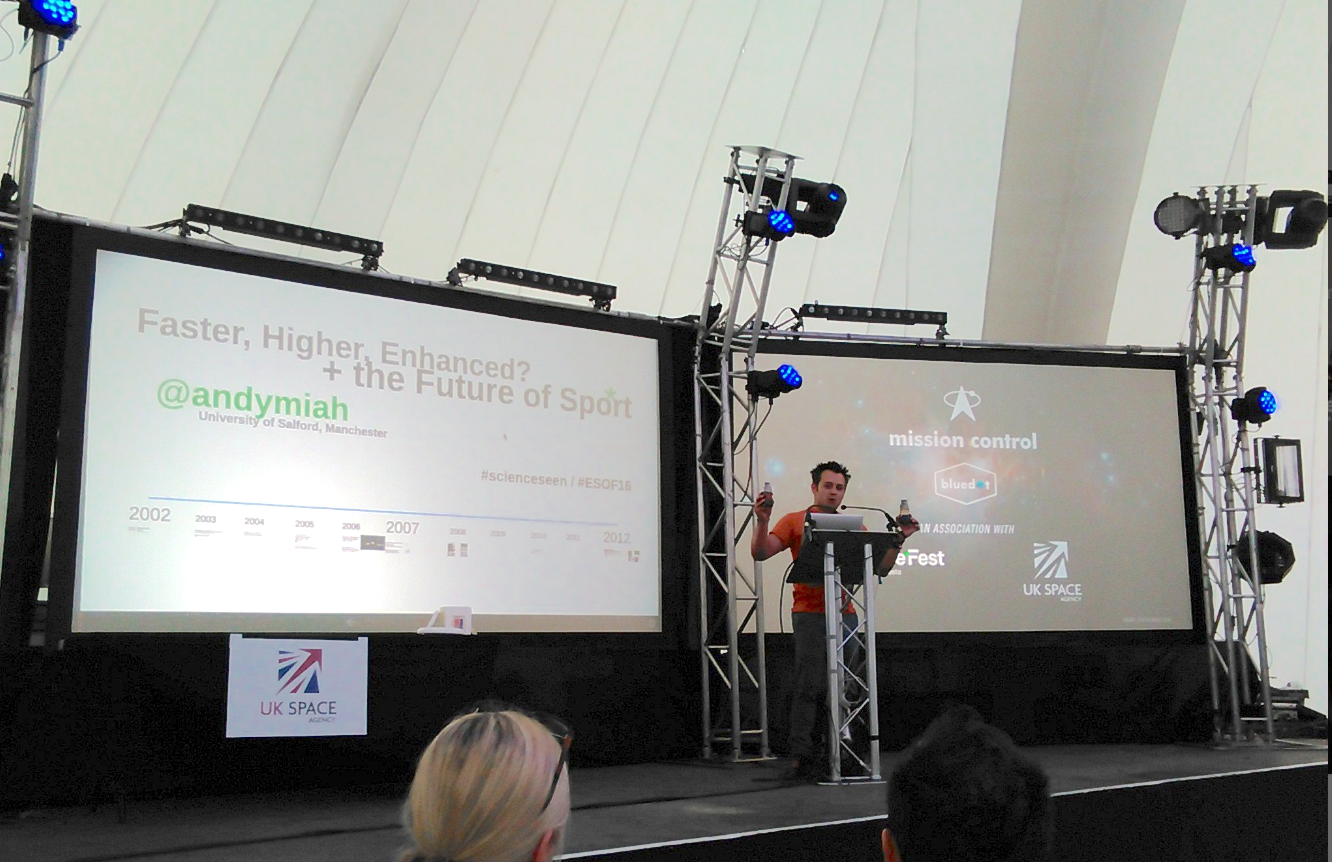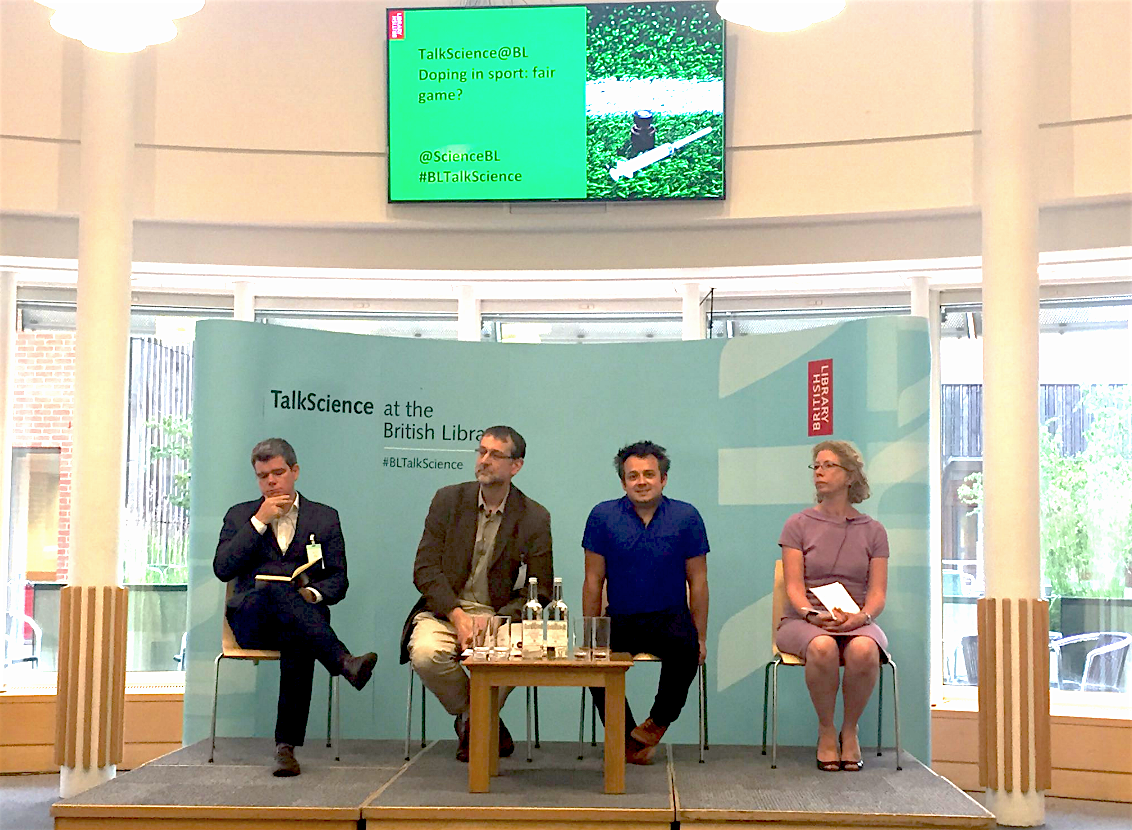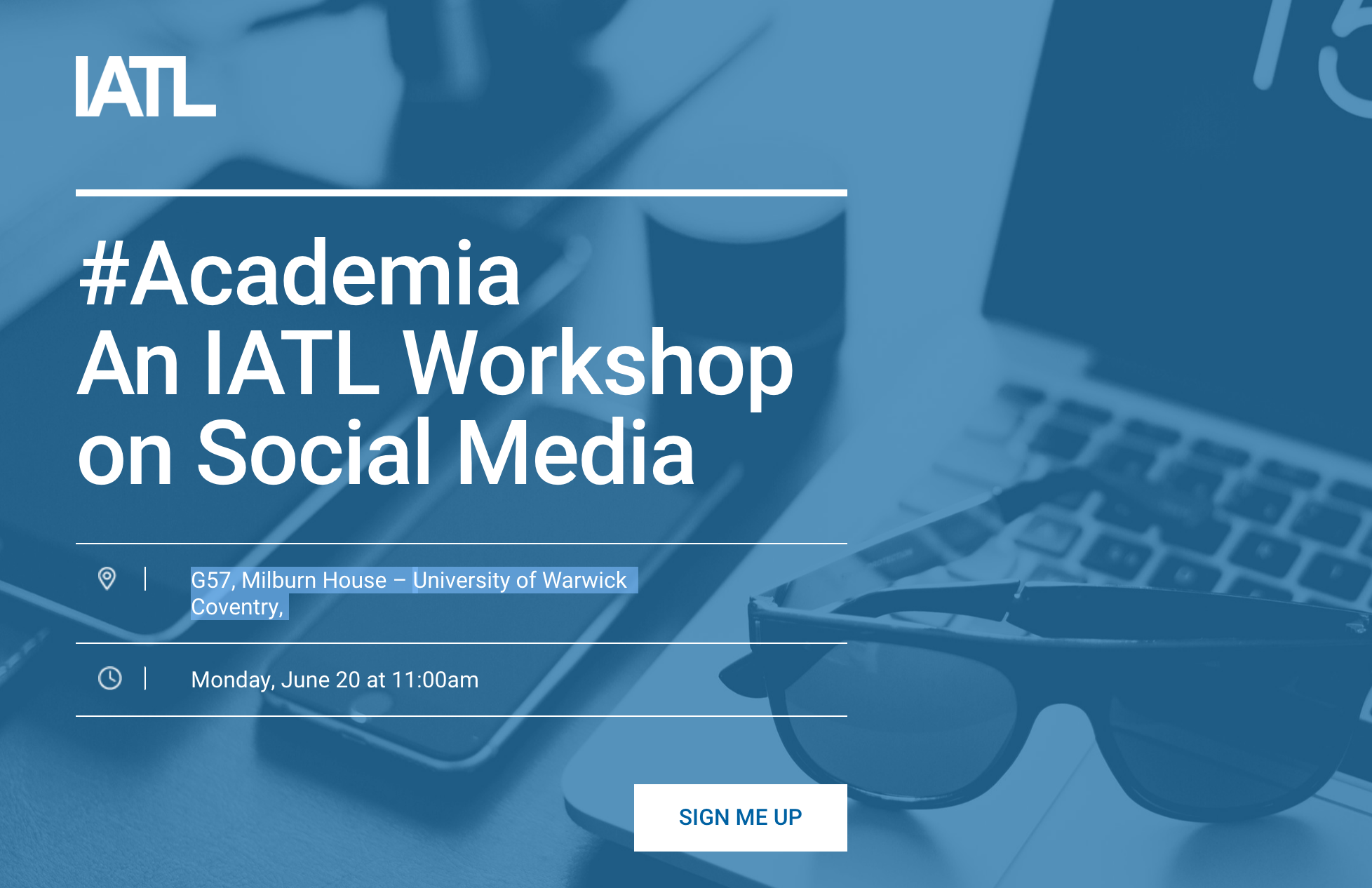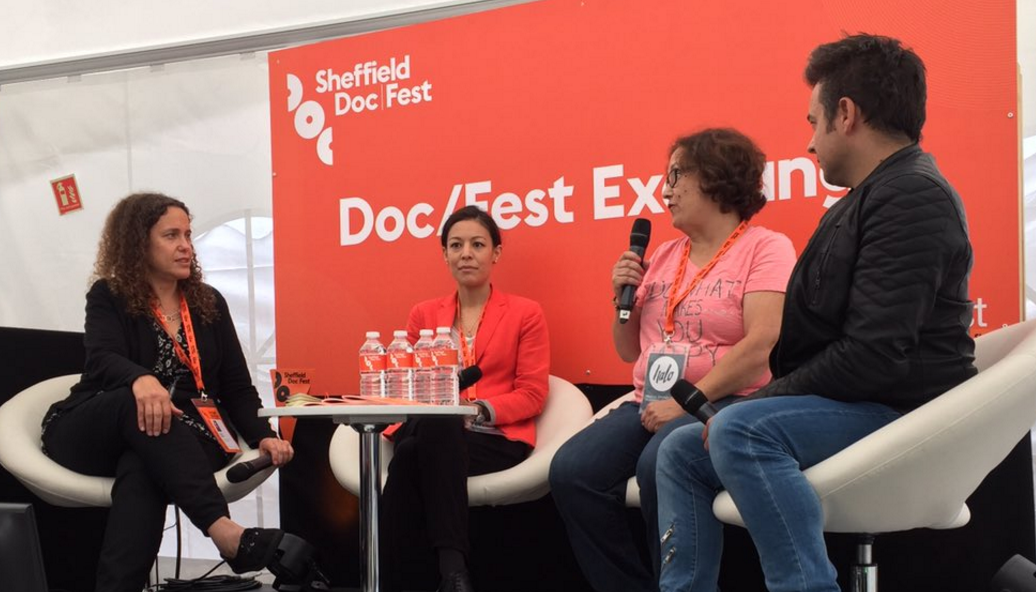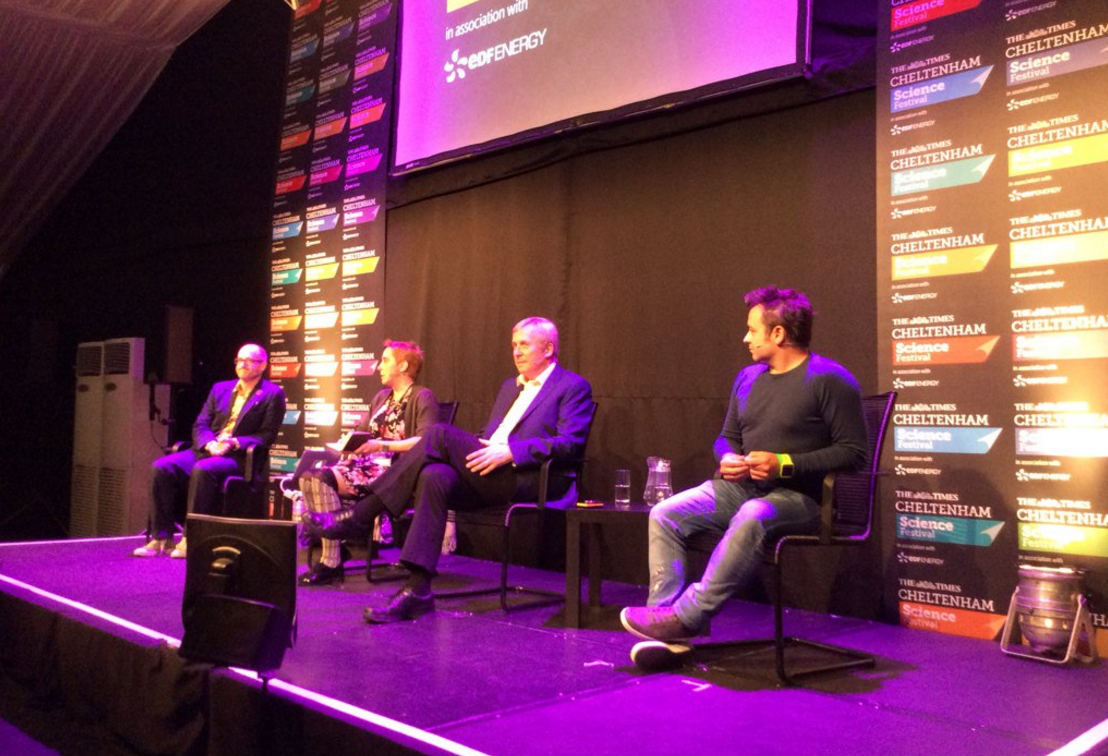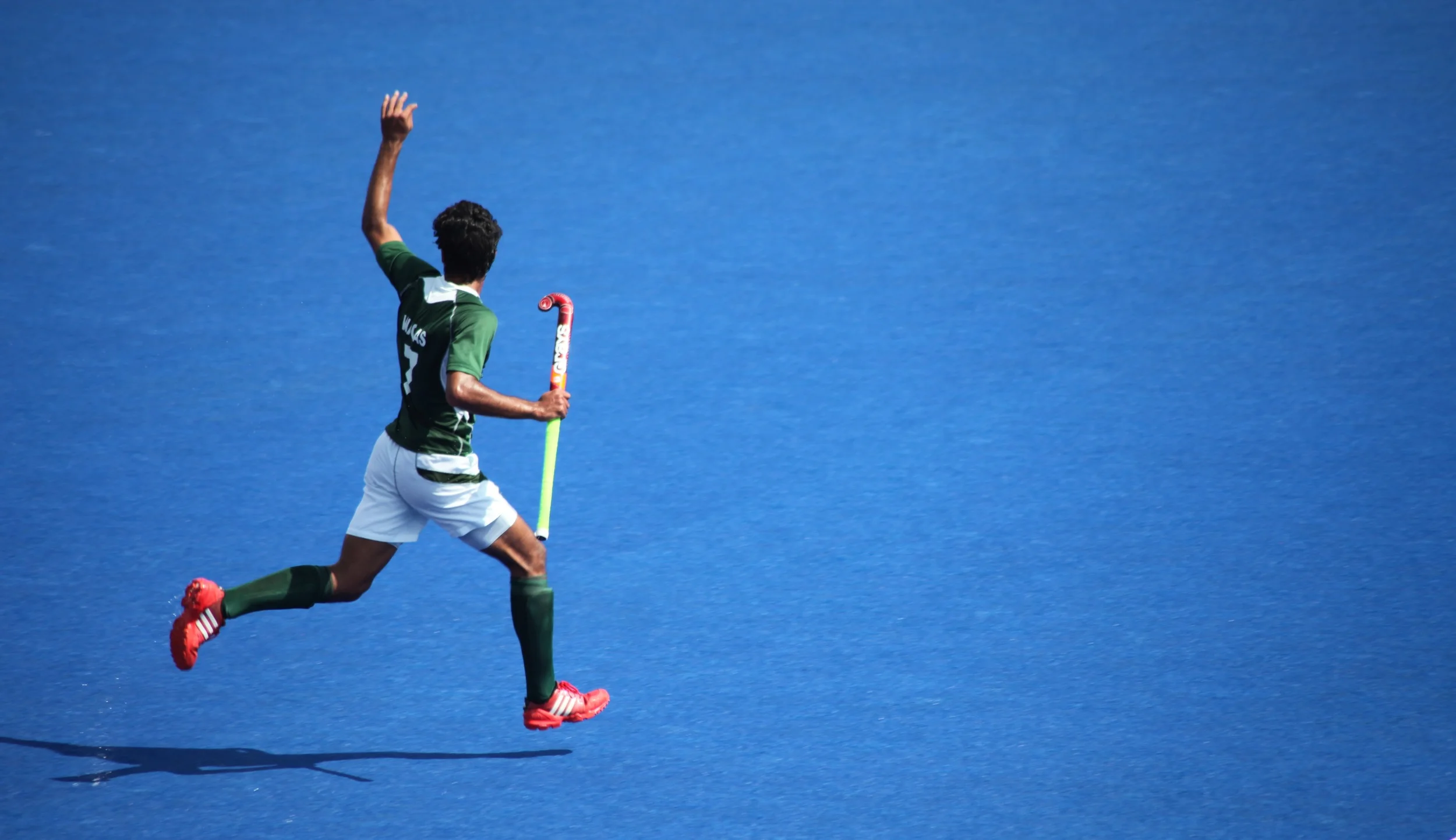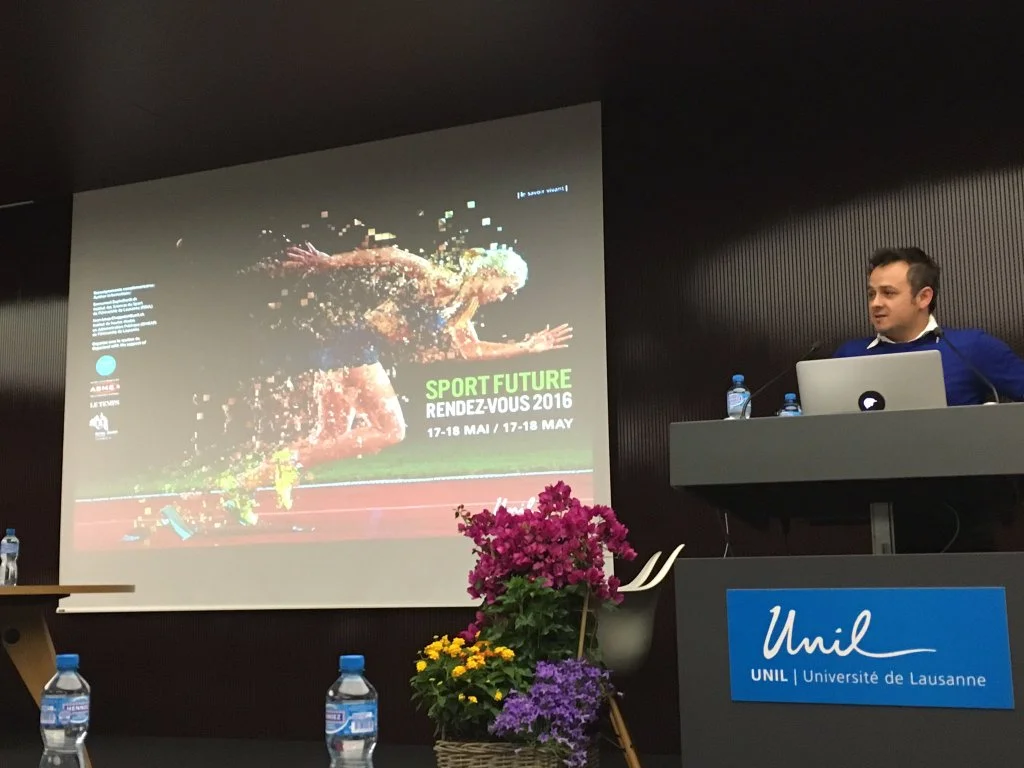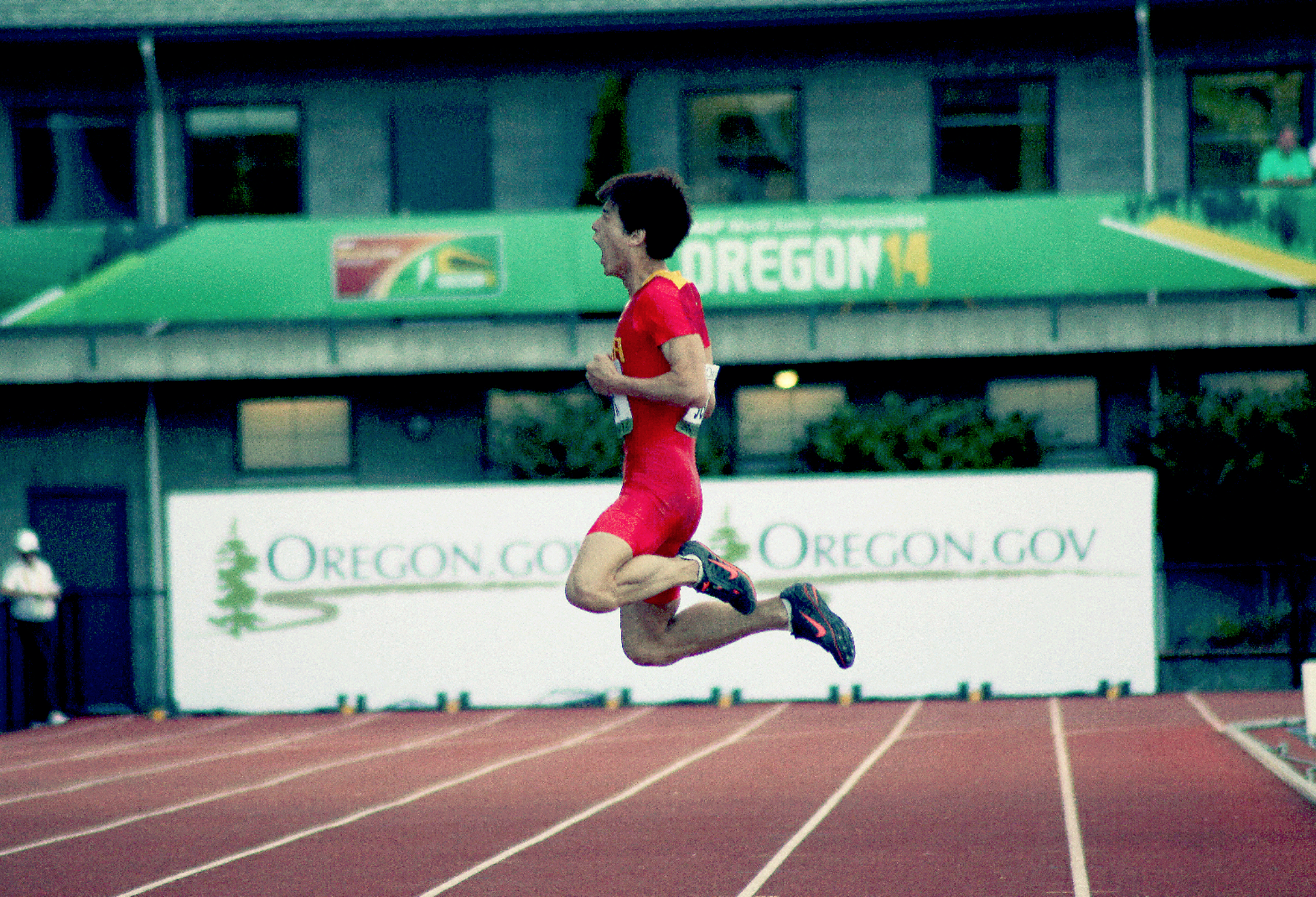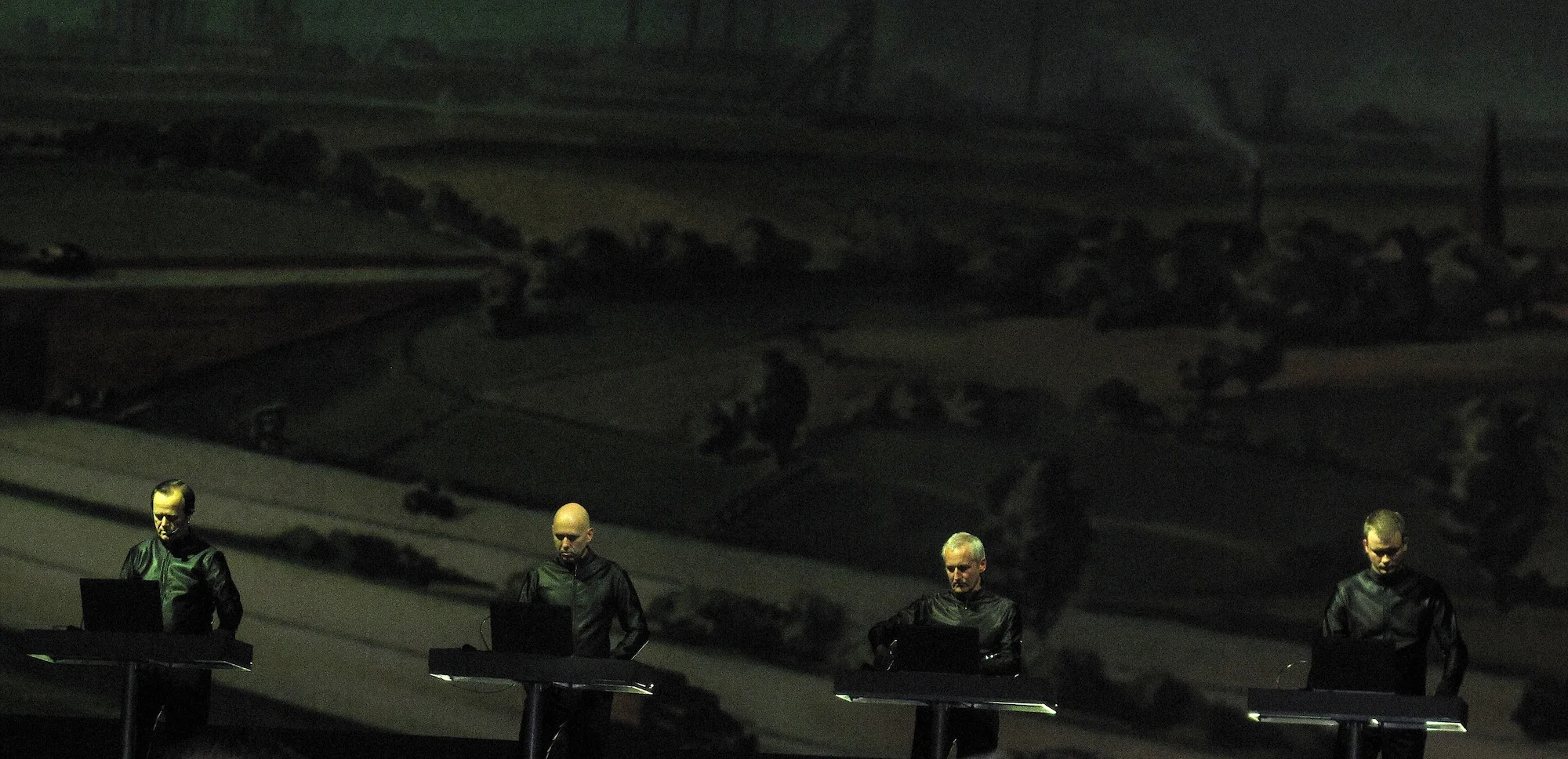Last night, I took part in the Grayson Debate, an annual event of the British Association for Sport and Law. I was asked by Dan Saoul, for whom I have spoken before at the BASL conference. The other speakers were the world leading sports lawyer Michael Beloff QC and former elite cyclist David Miller.
The event operated by Chatham House rules, as much of what was said was of an extremely sensitive nature, but here's the skeleton of my talk, which covers some of the main points. I focused on the processes that enable corruption and attempts to mitigate against them.
I don't know how corrupt sport is, but we have to assume that corruption is a feature of any institutional system and constantly work towards improving checks and balances to diminish its occurrence and impact.
My Position
“Sport’s still haven’t come to terms with what kinds of entities they are and this catastrophically restricts their ability to function as ethically conscientious entities (support from EU). Until every single member of a sports club gets to vote on the position of their global leaders in their sport, these organizations will not be in a position to act in accordance with the ethical standards they require, and will remain organizations highly vulnerable to corruption.”
Improving Football Governance through Supporter Involvement and Community Ownership
- 12,000 grassrootssurveyed, 73% feel completely ignored at national level, 39% at local club level
Vulnerabilities in Sport
- Power $150b value ($700b betting market)
- Reliance on good will / volunteerism
- Life course of individuals in power – fragility of athletic career and national interests eg. Son of Saddam Hussain was IOC President.
- Global community – collapse of common ethical framework.
- Ambiguous bottom lines – enhancing performance / keeping athlete healthy
- Corruption News (corruption sells news)
- Stakeholder ambivalence eg. One athlete falls, just sponsor another)
Forms of corruption
- Cheating (doping, max fixing)
- Governance (contracts, nepotism, conflicted interests, training eg. referees)
- Political (human trafficking, quiet diplomacy, domestic interests)
Solutions
Transparency International recommendations:
- o Anti-corruption guidelines and appropriate responses
- o Ethical compliance
- o Independent non-executive directors
- o Due diligence and transparency on appointments/partners
- o Implement multilateral agreements
- o Whistleblower system
- o Stakeholder involvement
- o Bidding standards
- o Budget transparency
- Big data – performance tracking to identify unusual behaviours
In 2013, the EU’s Expert Group on Good Governance produced their own version of Principles of good governance in sport, which included this definition:
The framework and culture within which a sports body sets policy, delivers its strategic objectives, engages with stakeholders, monitors performance, evaluates and manages risk and reports to its constituents on its activities and progress including the delivery of effective, sustainable and proportionate sports policy and regulation.”
Is the Corinthian spirit dead?
I don’t believe in ghosts, but a traffic light system may be appropriate to identify risk of corruption, a bit like investment risks. If you are AAA then you are in good shape.
